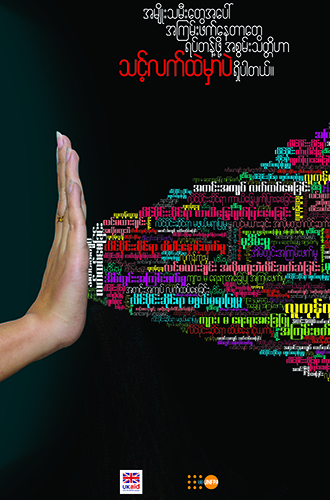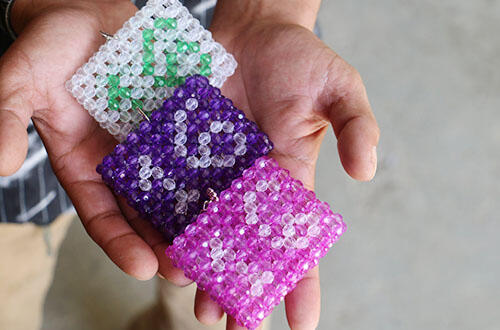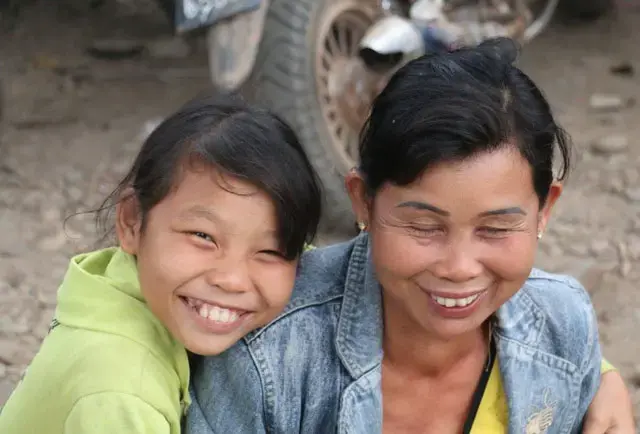25th November marks the International Day of the Elimination of Violence against Women, which begins 16 days of activism across the globe to raise awareness of the urgent need to address gender-based violence (GBV). One in three women worldwide has experienced sexual or physical violence, most often by an intimate partner. Of more concern is that in most countries, fewer than four in ten survivors of such violence seek help. UNFPA has established women and girls centres (WGCs) in partnership with Metta Development Foundation in Kachin, and the International Rescue Committee in Rakhine, both conflict affected areas of Myanmar, which provide a safe space for women and girls who are survivors of GBV.
In Rakhine, UNFPA’s message for the 16 days of activism is: “Everyone benefits from girls’ education. How have you?” Awareness raising activities include posters in schools, public service announcements on radio with the above message, as well as information for teachers on the 16 days and ideas for activities that they can integrate in to their lessons over this period. Other events include story-telling and a mural painting for each of the WGCs.
In Kachin, the theme is: “Making education safe for all”. A competition is being held at Myitkyina High School to debate issues around women and education, women and safety, and women and rights, among other topics. UN Agencies, I/NGOs, women and men from Myitkyina host communities and internally displaced persons camps, as well as 3,000 students at the school will all be there.
Equal and safe access to education increases girls’ employment opportunities and socio-economic status which reduces gender inequalities, one of the causes of GBV. In addition, educational institutions have a pivotal role to play in raising awareness of GBV among girls and boys by addressing prevailing cultural norms within communities that contribute to it.






